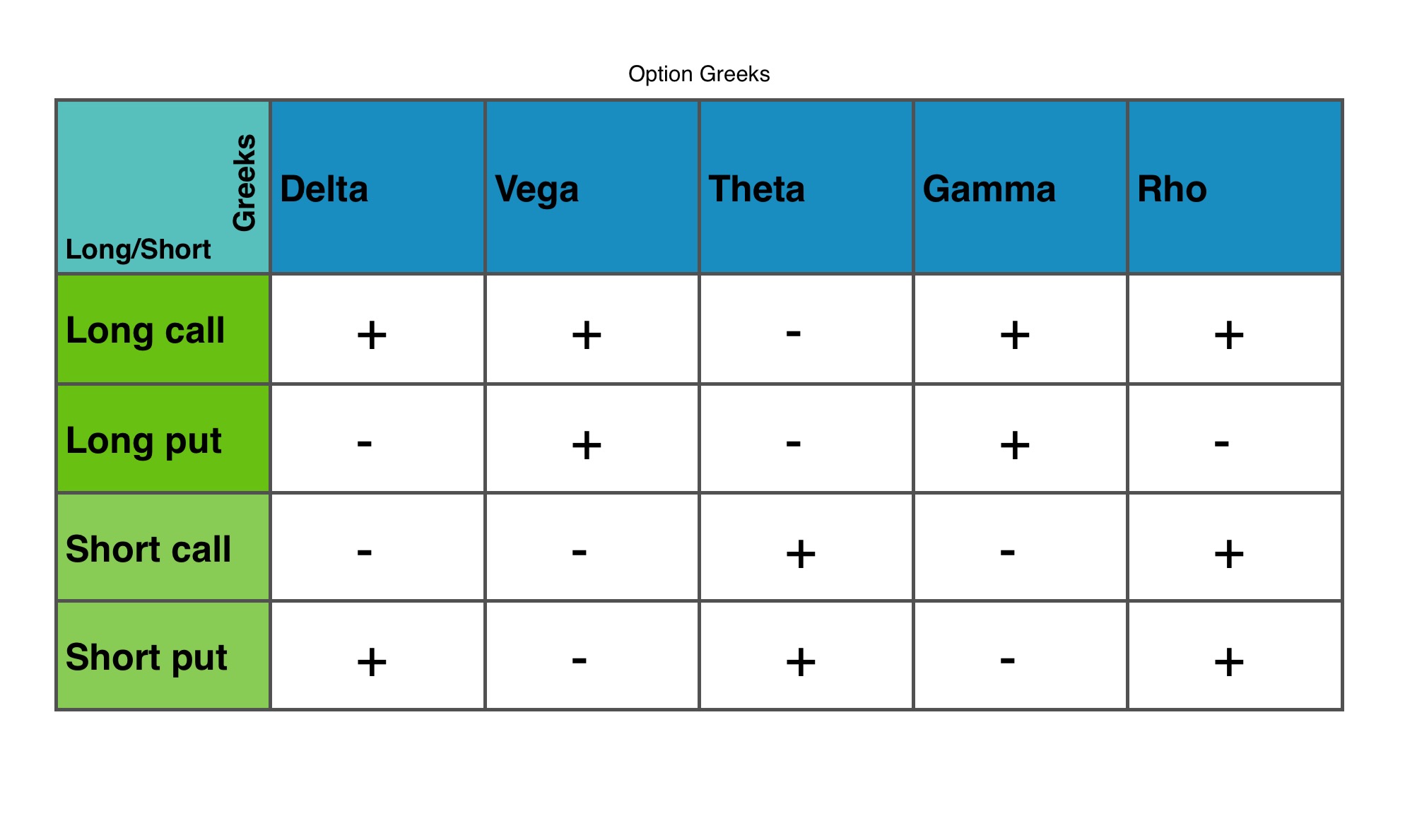Envision yourself in the heart of a bustling trading floor, where every move holds the potential for either triumph or tribulation. The adrenaline courses through your veins as you navigate the unpredictable terrain of the market, your every decision shaping the destiny of your portfolio.

Image: www.fondazionealdorossi.org
This is the world of options trading, a realm of financial leverage and calculated risk where fortunes can be made or lost in mere moments. Like a high-stakes game of virtual Monopoly, it is a playground for those who dare to embrace the volatility of the markets.
Delving into the Essence of Options Trading
Options trading revolves around the concept of “options contracts,” which grant the holder the right (but not the obligation) to buy or sell an underlying asset at a predetermined price within a specified timeframe. These contracts are akin to insurance policies that offer protection against market downturns and hedging potential profits.
There are two main types of options: calls and puts. Call options bestow upon the holder the right to purchase the underlying asset, while put options confer the right to sell it. The price and expiration date of the contract are also agreed upon upfront, providing clarity and flexibility to investors.
Decoding the Language of Options Trading
Navigating the world of options trading requires fluency in its specialized vocabulary. Key terms to familiarize yourself with include:
- Premium: The price paid for an options contract, representing the cost of acquiring the right to buy or sell the underlying asset.
- Strike Price: The predetermined price at which the underlying asset can be purchased or sold.
- Expiration Date: The date at which the options contract expires, rendering it worthless.
- In the Money: When the market price of the underlying asset surpasses the strike price (for call options) or falls below the strike price (for put options), the options contract is “in the money,” indicating potential profitability.
- Out of the Money: Conversely, when the market price of the underlying asset does not meet the criteria for being “in the money,” the options contract is deemed “out of the money” and will expire worthless.
The Evolution of Options Trading: From Ancient Greece to Modern Era
The origins of options trading can be traced back to ancient Greece, where philosophers employed rudimentary forms of options to hedge against the uncertainty of crop yields. In the 17th century, the Dutch introduced standardized options contracts for trading commodities like tulips and spices on the Amsterdam Exchange.
Fast forward to the 20th century, and the Chicago Board Options Exchange (CBOE) revolutionized the industry by creating the first standardized options trading platform. This paved the way for the proliferation of options trading globally, becoming an integral component of modern financial markets.

Image: www.pinterest.com
Expert Guidance: Tips and Strategies for Options Trading Success
Venturing into the arena of options trading demands a prudent approach. Seasoned professionals recommend adhering to these key tips:
- Educate Yourself: Acquire a comprehensive understanding of options trading concepts, risk management techniques, and market dynamics.
- Start Small: Test the waters with small-scale trades to build confidence and minimize potential losses.
- Manage Your Risk: Deploy effective risk management strategies like stop-loss orders to mitigate potential losses.
- Choose Liquid Options: Opt for options with high trading volume to ensure ample liquidity and timely execution of trades.
- Diversify Your Portfolio: Spread your bets across different options contracts to minimize the impact of adverse price movements.
Insights from the Trenches: Perspectives from Options Trading Forums and Social Media
Engaging with online communities and social media platforms dedicated to options trading can unlock valuable insights. Forums like Reddit’s r/options or Twitter hashtags like #OptionTrading can provide a wealth of information from experienced traders.
By tapping into these online resources, you can stay abreast of market trends, glean strategies from others, and connect with like-minded individuals navigating the intricacies of options trading.
FAQs for Options Trading Beginners
Q: What are the advantages of options trading?
A: Options trading offers flexibility, leverage, and hedging opportunities. It allows investors to speculate on market movements without committing to an underlying asset and provides the potential for outsized returns.
Q: What are the risks associated with options trading?
A: The primary risk in options trading lies in the potential for complete losses. Options contracts can expire worthless, and the premium paid for them is non-refundable.
Q: How do I determine if options trading is right for me?
A: Options trading is not suitable for all investors. It requires a high level of financial literacy, risk tolerance, and the ability to manage complex financial products.
How Trading Options Works
https://youtube.com/watch?v=f2ilOokO_UI
Embracing the Thrill of Options Trading: Call to Action
If the allure of financial leverage and the adrenaline rush of market volatility resonate with you, then options trading might be your calling. By understanding the intricacies of this dynamic market, following proven strategies, and leveraging the insights of experienced traders, you can embark on a journey that has the potential to unlock both financial rewards and a deeper appreciation of the complexities of global finance.
Are you ready to join the ranks of those who dare to trade options? Embrace the challenge and conquer the markets.






